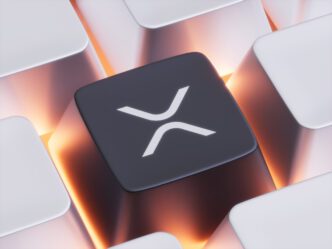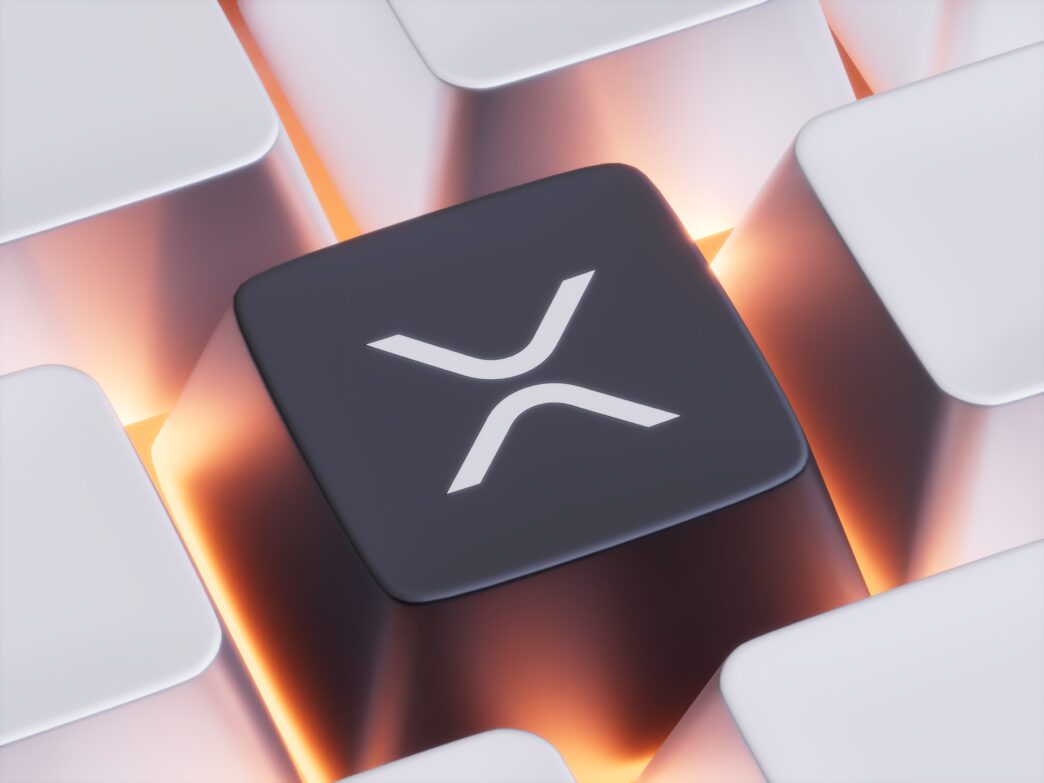Executive Summary
The Story So Far
Why This Matters
Who Thinks What?
Three distinct approaches are currently drawing significant attention in the crypto market: XRP, buoyed by ETF speculation and regulatory developments; Solana, experiencing a resurgence due to builder activity and network improvements; and the emerging Zero Knowledge Proof (ZKP) project, which emphasizes a “function-first, token-later” model. These projects represent different strategies for capturing market interest and utility in the evolving digital asset landscape as of November 2025.
XRP Eyes Institutional Flows Amid Regulation
XRP has seen a notable price increase of approximately 70%, climbing from $0.60 to $1.02 between January 2024 and November 2025. This growth is largely attributed to speculation surrounding Exchange-Traded Funds (ETFs) and increased exchange liquidity. The narrative suggests that favorable regulatory signals could position XRP to attract substantial institutional capital, particularly from those seeking a payments-focused asset with established infrastructure.
However, discussions persist regarding XRP’s centralization and potential governance bottlenecks. These factors are often cited as limitations to its multiple expansion when compared to fully permissionless blockchain alternatives. Investors are closely monitoring policy outcomes and the pace of institutional adoption for XRP’s future trajectory.
Solana Rebounds on Builder Momentum
Solana has demonstrated a robust recovery, with its price increasing by approximately 58% from around $98 to $155 during the same period. This rebound is driven by a significant uptick in developer activity and user engagement across its ecosystem. Key milestones like the Firedancer client have boosted confidence in the network’s throughput and validator performance.
Continued demand for blockspace has been sustained by active memecoin trading and a growing array of consumer applications. Despite this positive momentum, critics frequently point to recurring issues with network reliability during peak usage and concerns about validator centrality. Solana’s long-term growth hinges on its ability to deliver consistent uptime and enhance client diversity at scale.
Zero Knowledge Proof (ZKP) Redefines Launch
Zero Knowledge Proof (ZKP) is introducing a novel “function-first, token-later” strategy, aiming to launch operational tools and earning mechanisms concurrently with its presale. The project plans to implement an on-chain ICA auction, plug-and-play Proof Pods, and open APIs from day one. Instead of fixed-price allocations, ZKP intends to use a 24-hour, on-chain auction to distribute a fixed 200 million ZKP tokens daily from a total presale pool of 90 billion.
The closing auction price for ZKP tokens will serve as the reference for subsequent Proof Pod rewards, aiming to align incentives between contributors and validators. Proof Pods are described as compact, self-contained devices designed to perform verifiable computation for AI tasks, generating zero-knowledge proofs of actual work rather than relying on passive staking. These Pods are designed to be software-upgradable, from Level 1 up to Level 300, with earning potential directly linked to the prior day’s auction price, offering a scalable output model.
The project emphasizes a “code before coin” philosophy, asserting that this approach reduces potential governance capture and mitigates early-unlock sell pressure often associated with “funding-first” launches. ZKP aims to provide operational clarity at launch, with a transparent system for token acquisition and compute operations.
Market Outlook
The crypto market in November 2025 presents a diverse landscape of investment opportunities and technological approaches. XRP’s potential largely depends on favorable regulatory shifts and institutional adoption, while Solana’s sustained growth is tied to its network stability and decentralization efforts. Meanwhile, ZKP introduces a distinct model focused on immediate functional utility and transparent token distribution, aiming to offer a different value proposition to contributors from its inception.







